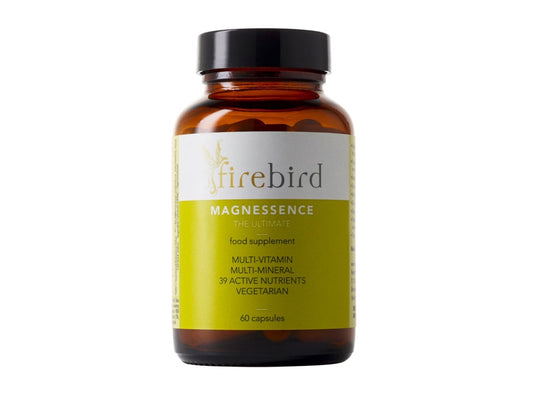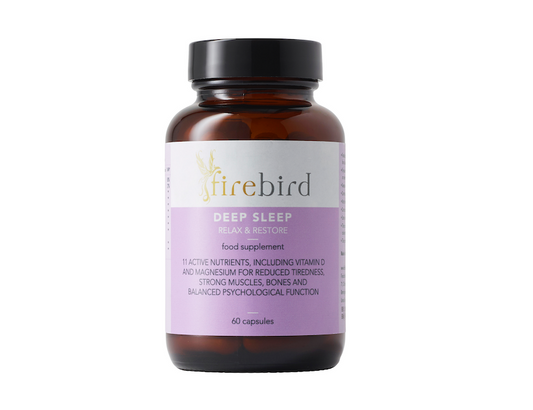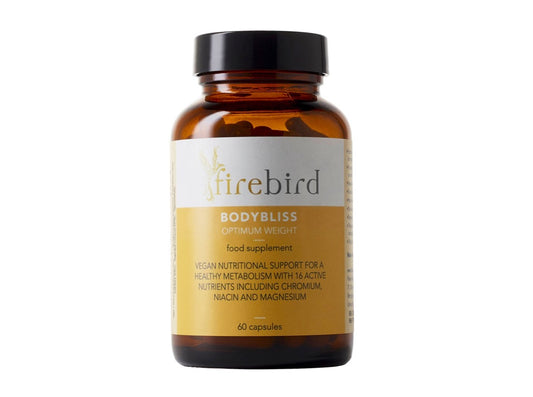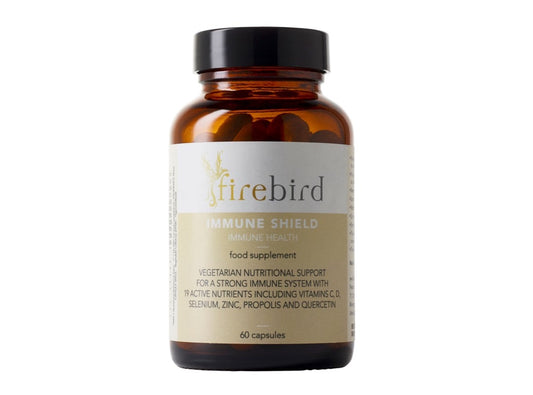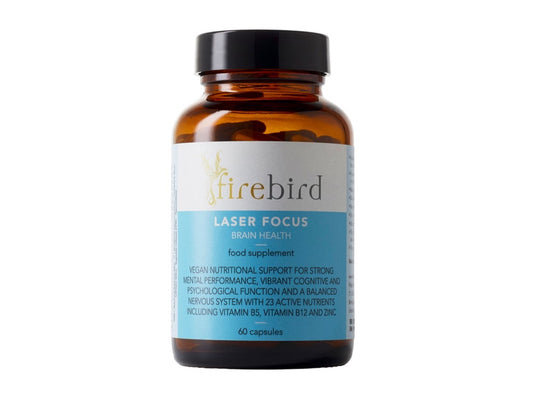
To supplement or not to supplement...
That is the question and it is the question we get asked the most. Isn’t it enough to eat healthily? Surely we can get all the nourishment we need from real food, can’t we? We survived just fine before supplements existed, why do we need them now?

Here are the top 5 reasons why taking the right supplement is a good idea (even if you think your diet is healthy and balanced):
- Modern Farming Methods
Crops grown decades ago were much richer in vitamins and minerals than they are today. Intensive agricultural methods are stripping our soils of vital nutrients.
A study tracking the nutrient decline in 20 crops between 1930 and 1980, found that the average calcium content had declined by 19%, iron by 22% and potassium by 14%.
Fruit and vegetables are often picked before they have ripened and reached their full nutrient potential in order to be shipped thousands of miles away.
Foods are often refined, processed and packaged in such a way that depletes their original levels of nutrients further.
For all these reasons, the food we eat is not as rich in nutrients as it used to be and supplements can be a valid way to prevent any deficiencies.
- Restrictive Diets
When we start to eliminate components or whole food groups from our diets, such as carbohydrates, fat or meat, fish and dairy products, we reduce the variety of sources from which we can integrate all the nutrients we need and, thus, challenge our ability to still ensure a sufficient quantity.
Equally, if our diets are composed mainly of packaged, pre-prepared food with very little fresh produce, we will certainly not be getting all the nutrients we need to sustain good health.
The richer our diets are, in terms of variety, favouring local seasonal fruit and vegetables, the more likely it will be for us to get good nourishment.
- Increased requirements
At certain times we need more nutrients than our normal everyday diet may provide:
- For example, prior to and in the first few months of pregnancy, doctors now recommend folic acid supplementation to guard against a deficiency of this vital nutrient, which has been linked to the development of spina bifida and other neural tube defects in the baby.
- During pregnancy and breastfeeding, the requirement of nutrients increases and it may not always be possible to cover these requirements through diet alone.
- Women with heavy menstrual cycles will require higher levels of iron to replace the levels lost from blood loss.
- During illness, infection or following an injury, the body requires more protein and micronutrients to recuperate and repair damage.
- Gut Health
Our body may not be optimally absorbing all the nutrients we need from the food we eat because of problems in our digestive tract. As we age, the efficiency of our digestive system slows down, reducing absorption of nutrients from our diets thus leaving us open to possible deficiencies.
- Lifestyle Choices
Certain lifestyles can exacerbate the possibility of nutrient deficiencies. For example, stress, excessive alcohol consumption and intense exercise quickly depletes our levels of zinc, which is so essential for immune resilience, growth and healing. So, if we are continually living with high levels of stress, it is very likely that we will become deficient in this essential mineral.
Another example of how our lifestyle may interfere with optimum nutrition involves vitamin D. Vitamin D is synthesised in our skin on contact with the sun. It is also found in meat, fish, dairy products and eggs. Keeping out of the sun, using sun blocks during sun exposure or living in a country or environment with low levels of sun exposure often means that we are at risk of Vitamin D deficiency, if we do not integrate sufficient levels from our diet.
According to the Vitamin D Council, more than 50% of the global population is deficient in vitamin D. Essential for healthy bones and a myriad of other processes in the body, this hormone-like vitamin has recently been linked to cancer prevention. 5 to 30 minutes sun exposure twice a week can produce sufficient vitamin D for our body’s needs.
MAGNESSENCE® contains 39 active nutrients (vitamins, minerals, amino acids and phytonutrients). It is the ultimate upgrade; more than a multi-vitamin, it is your wellness foundation.
MAGNESSENCE® supports brain health, immune resilience, structural strength (strong bones and muscles), cellular efficiency, heart health, optimum nutrient absorption, sound mental health, fertility, vitality and outer beauty. It is a unique, scientifically-calibrated powerhouse of potent nutrients, all selected for their ability to support optimal health.
Find out here about the 10 amazing benefits of MAGNESSENCE®:
Learn more:
How to know which supplements to choose
Why is bioavailability important?
What toxic ingredients might be lurking in your supplements?
Supplements: Can you ever get too much of a good thing?


